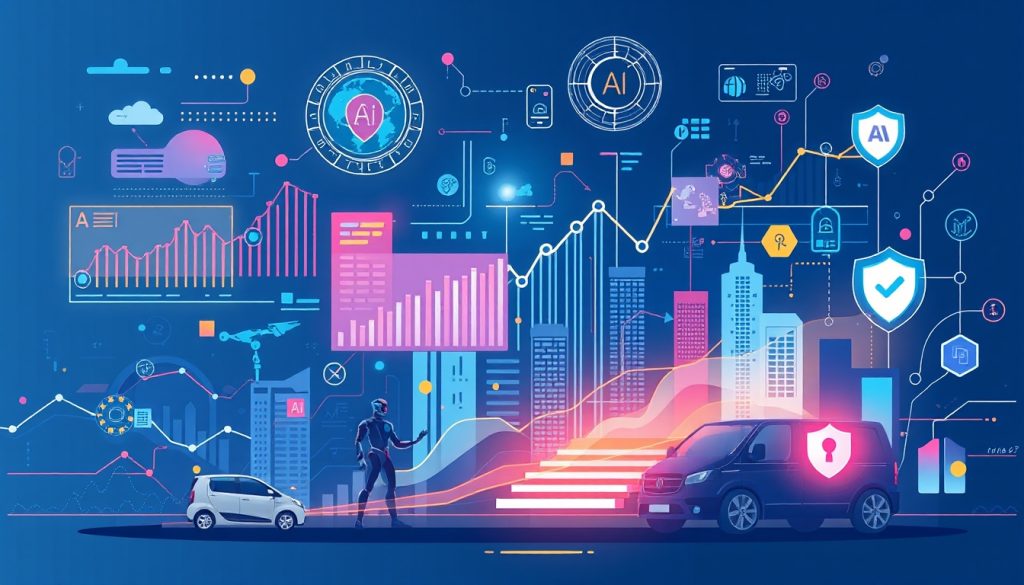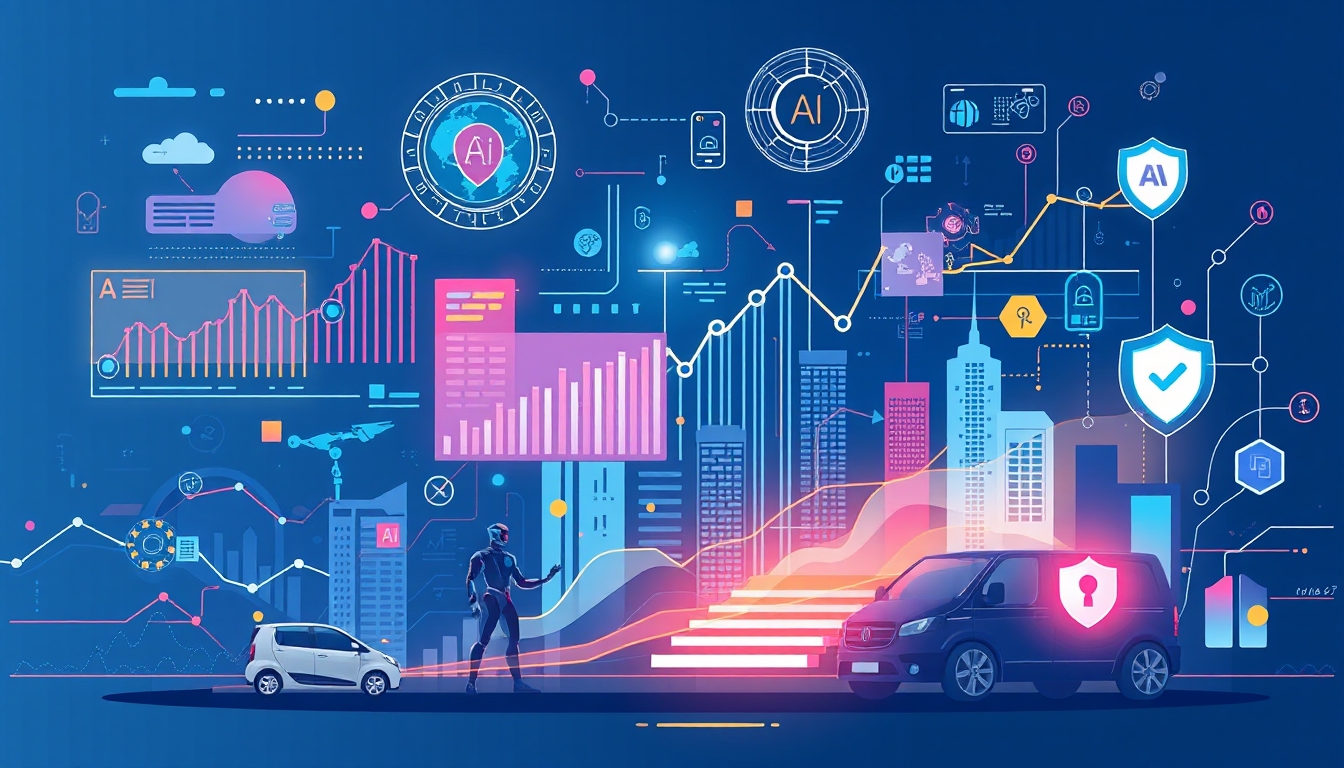
Artificial Intelligence (AI) has become a buzzword in today’s world, transforming industries and revolutionizing the way we live, work, and interact with technology. From self-driving cars to voice assistants like Siri and Alexa, AI is no longer a futuristic concept but an integral part of our daily lives.
What is Artificial Intelligence?
Artificial Intelligence refers to the simulation of human intelligence in machines. These machines are programmed to mimic human thinking, learn from experiences, and adapt to new information. The core components of AI include machine learning, natural language processing, neural networks, and robotics, all working together to enable computers and systems to perform tasks that typically require human intelligence.
The Evolution of AI
The journey of AI began in the mid-20th century when computer scientists like Alan Turing and John McCarthy started exploring the possibilities of machines that could think. Early AI systems were limited to solving specific problems, but as computing power grew, so did the capabilities of AI.
By the 21st century, AI had reached a tipping point with the rise of machine learning and deep learning technologies. These advancements allowed AI to analyze massive amounts of data, recognize patterns, and make decisions without explicit programming. The advent of powerful GPUs further accelerated AI’s growth, enabling breakthroughs in fields like image and speech recognition.
Real-World Applications of AI
AI is reshaping almost every industry, and its applications are virtually limitless. Here are some key areas where AI is making a profound impact:
- Healthcare: AI is revolutionizing healthcare by assisting in disease diagnosis, drug discovery, and personalized treatment plans. AI-powered medical imaging systems can detect diseases like cancer with remarkable accuracy, while predictive analytics helps in predicting patient outcomes and preventing diseases.
- Finance: AI has streamlined financial services by automating tasks such as fraud detection, credit scoring, and risk management. Algorithms can analyze market trends in real time, helping investors make more informed decisions.
- Transportation: Autonomous vehicles, powered by AI, are set to revolutionize transportation. Companies like Tesla and Waymo are developing self-driving cars that rely on AI to navigate, detect obstacles, and ensure passenger safety.
- Entertainment: AI plays a significant role in content recommendations on platforms like Netflix and YouTube. Machine learning algorithms analyze user preferences to suggest personalized content, improving the overall user experience.
- Customer Service: AI chatbots and virtual assistants are transforming customer service by providing instant responses to queries, reducing wait times, and improving user satisfaction. These systems can handle multiple interactions simultaneously, making them more efficient than traditional customer service models.
Challenges and Ethical Considerations
While AI has enormous potential, it also presents challenges and ethical dilemmas. Concerns about job displacement due to automation are prevalent, as AI systems may replace human workers in industries such as manufacturing, retail, and customer service.
Another significant concern is the ethical use of AI in decision-making. AI algorithms can exhibit biases based on the data they are trained on, leading to unfair or discriminatory outcomes. Ensuring transparency, accountability, and fairness in AI systems is crucial to avoid these issues.
Privacy is also a key concern, as AI systems often rely on vast amounts of personal data to function effectively. Balancing the benefits of AI with the need for privacy protection is essential as AI continues to develop.
The Future of AI
The future of AI looks incredibly promising. As research and development continue, AI is expected to become even more integrated into our lives, enhancing sectors like education, entertainment, and public safety. In healthcare, AI could lead to significant breakthroughs in areas like genome editing and personalized medicine, revolutionizing how we approach medical treatments.
AI’s ability to analyze complex data and make accurate predictions will also play a pivotal role in addressing global challenges such as climate change, sustainable development, and smart city management.
Conclusion
Artificial Intelligence is a transformative force that is rapidly shaping the future of technology. From improving healthcare outcomes to driving innovation in industries like finance and transportation, AI holds the key to solving some of humanity’s most pressing challenges. However, it is crucial to navigate its development carefully, ensuring ethical considerations and inclusivity as we move toward an AI-driven world.


